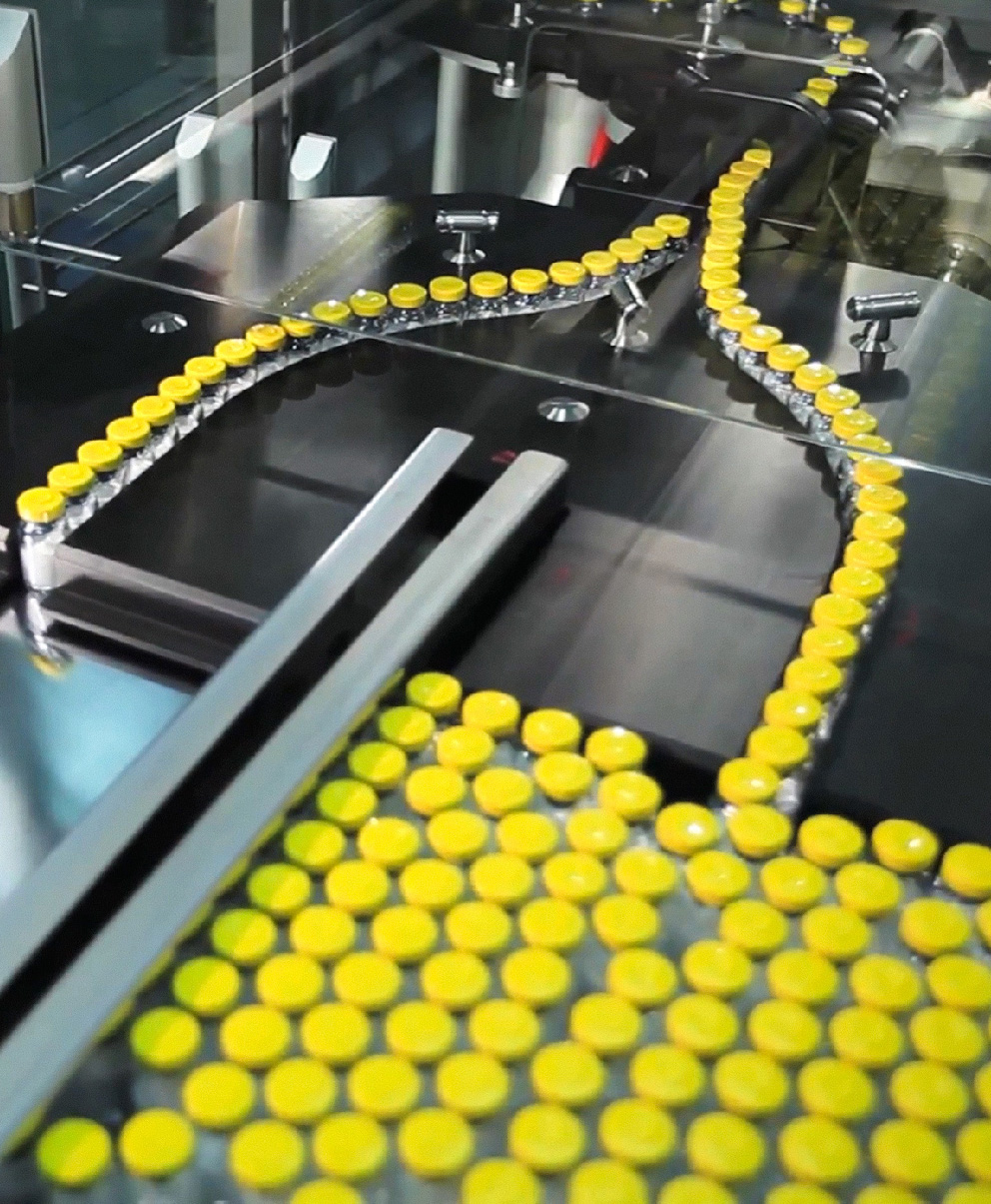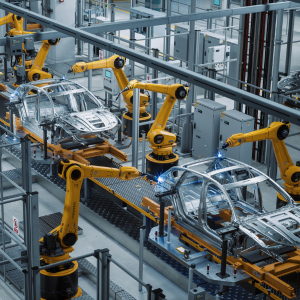Industry 4.0: What Is Pharma 4.0?
Post By: Ryan King On: 25-02-2021 - Industry 4.0 - Industry Trends - Manufacturing
Pharma 4.0 is the trademark of an initiative launched by the International Society for Pharmaceutical Engineering (ISPE). The aim is to bring the pharmaceutical industry more fully in line with the concept of the smart factory. It offers practical guidance and regulatory best practice for the industry, in order to speed up the transformation of existing facilities to Pharma 4.0 standard.
In line with the general ethos of Industry 4.0, all aspects of production are undergoing an advanced technological revolution. This aims to bring factories and other facilities to a new level of speed and accuracy in production, and to integrate machine intelligence and automated technologies into the workflow. While the pharmaceutical industry does share many practices and procedures with other industrial sectors, it must also take into account some highly complex product portfolios and critical product life-cycles.
What Is Pharma 4.0?
In its most simplified form, Pharma 4.0 is the updating of the pharmaceutical industry to incorporate advanced digital elements and enablers into the current Pharmaceutical Quality System (ICH Q10). This will enable greater opportunities for process improvements throughout the life-cycle of pharmaceutical products. There'll be a greater degree of connectivity and transparency, which will provide closer control over operations and quality, and allow faster decision-making. On the downside, upgrading to Pharma 4.0 will demand higher levels of security, owing to the increased vulnerability of interconnected automated systems.
Due to the nature of their products, and their capacity to impact on human life, the biotech and pharmaceutical industries are subject to much more stringent regulatory challenges than other industrial sectors. These become increasingly complex in the 4.0 environment, and it's essential for the industry to determine carefully which digitalisation and automation technologies they can apply. Data integrity, documentation and process validation are all rigorously regulated, so that the opportunities for improvement can frequently be outweighed by the necessity for compliance. Adoption of new techniques is therefore relatively slower than in other industries.

The ISPE Vision
The Pharma 4.0 plan as envisioned by the ISPE is holistic, aimed at a product’s life-cycle across all aspects of the industry. These include business priorities as well as IT and manufacturing, together with a paradigm shift in company culture. They believe that business goals will be achieved more quickly, companies will become more agile and competitive, and overall costs will be reduced. Pharma 4.0 is also aiming at a transformation of the manufacturing workforce towards a model of more human-centric workflow, embedding best practices in respect of health regulations.
Pharma 4.0 is also designed to eliminate data silos within organisations, by improving communications between regulators, the industry and its healthcare and other stakeholders. This holistic approach is not solely an IT project, but an operating model which incorporates the organisational and cultural aspects, as well as those related to processes and resources. This would bring both established and innovative industries into alignment with contractors and suppliers, so that all areas of the industry eventually arrive at an appropriate desired state. Pharma 4.0 is currently being pitched as offering a competitive advantage rather than an essential development, but in the long run, all aspects of the industry must inevitably fall into line.

What Is Pharma 4.0 In The Broader Spectrum?
As a manufacturing paradigm on the lines of Industry 4.0, Pharma 4.0 will allow manufacturers to alter and iterate their operations and to connect their workers with their resources. This will ultimately produce better patient outcomes, with a better quality product. The model can be introduced wholesale as a new enterprise, or in stages aimed at achieving gradual digital maturity. This begins with elementary computerisation and works its way up towards self-regulating, intelligent automated facilities.
The simplest step on the road to Pharma 4.0 is the replacement of elementary manual processes with basic automation and digital technology. This will help manufacturers to decrease process variability, and improve consistency in product quality. They can simplify complex processes such as machine changeovers or line clearance, and improve their data integrity. Repetitive tasks which can be performed better by computers form the groundwork for creating a digital infrastructure, which is then expanded by increasing IT connectivity.
Once the Internet of Things (IoT) becomes integrated with manufacturing and its related business functions, Pharma 4.0 enters the world of the Industrial Internet of Things (IIoT) and the whole world of interconnected functionality. Adopting the IIoT will offer manufacturers substantial improvements in processes and productivity. The software connecting machines to people and processes will also provide greater transparency and a significant digital production record. This big data can be analysed to offer insights into potential improvements, and to help make data-driven decisions in real time.
Pharma 4.0 is working towards integrated solutions that will provide manufacturers with a faster and more flexible way to plan improvements. These are intended to work within the wider scope of manufacturing execution systems and quality management. Alongside fast configuration and deployment, data collection runs automatically to provide manufacturers with the more holistic production picture that Pharma 4.0 requires to progress. Paper processing of records will be replaced by electronic logs. These can store a much greater quantity and scope of information, which can then be expanded to incorporate regulatory and patient health factors for a vastly improved performance.
The greater availability of data and big data analytics offers a higher degree of predictability, so that manufacturers can benefit from predictive maintenance to fix problems before they occur. At the final stage of integrated digitalisation, the automated systems themselves anticipate potential problems and initiate the appropriate remedial action.
The Pharma 4.0 Road Map
The pharmaceutical industry is still a long way from the most advanced, fully autonomous self-correcting automated systems. However, Pharma 4.0 is the road map for initiating the necessary steps, the most basic of which can be made by most existing facilities. A digital transformation strategy starts with finding small opportunities for improvement which can be scaled up as required. The exigencies of Pharma 4.0 demand an agile but flexible approach; a steady evolution instead of the more rapid revolution taking place in other sectors.
Get More From Rowse Straight To Your Inbox




